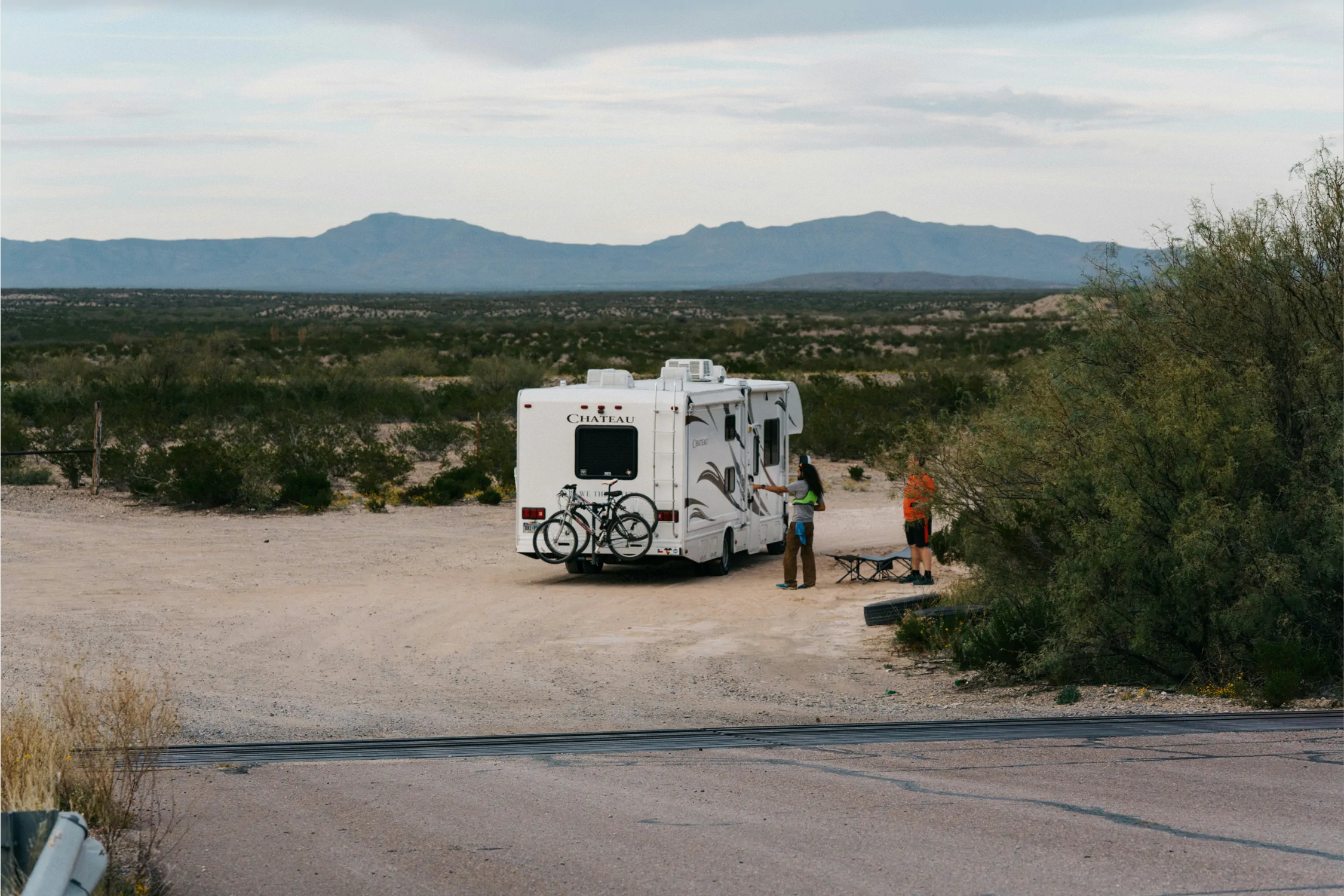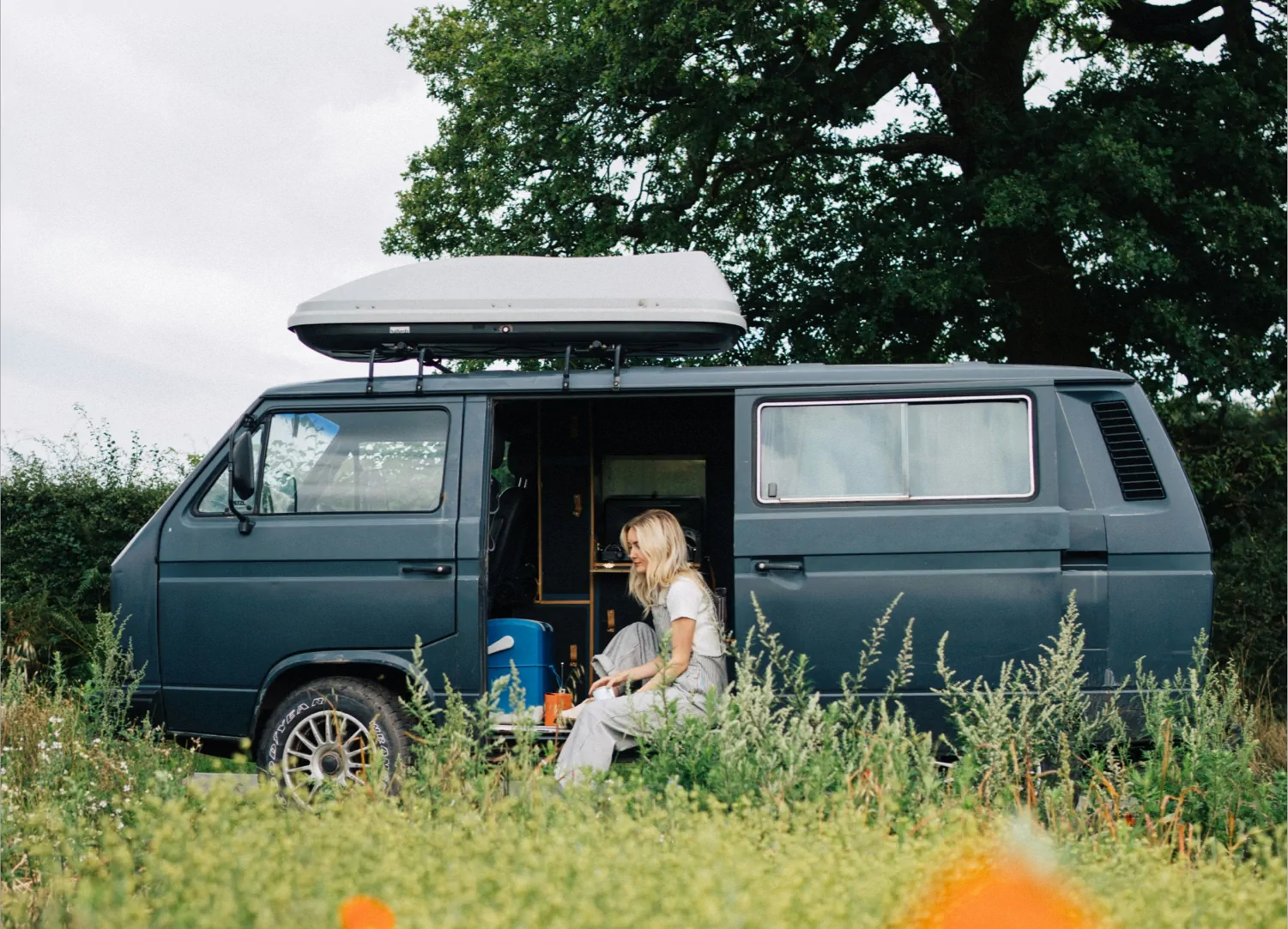Self-Contained Vehicles in NZ, What It Really Requires
Everything you need to pass New Zealand's updated self-containment certification, from fixed toilets and venting to inspection paperwork.

Self-contained vehicle definition: A vehicle that meets current NZ self-containment requirements, including a fixed toilet, plumbed fresh and waste water systems, venting, and waste containment sufficient to support occupants for at least three days without discharging waste.
What self-contained certification means
Certification proves your vehicle can manage water and waste without relying on public facilities. Under changes enacted from 2023, new certifications for freedom camping require a fixed toilet and are issued with a green Certified Self-Contained (CSC) warrant. Portable toilets no longer qualify for new CSC certifications used for freedom camping.
PGDB-approved testing officers inspect your freshwater storage (commonly ≥12 L per person), wastewater capacity (≥20% greater than freshwater), fixed toilet installation, vents, and compliant hose/cap fittings. Use KiwiCamping to find inspectors and save your documents.
Green vs blue: transition rules
Green warrant: The current certification recognised for freedom camping where CSC is required.
Blue sticker: Legacy certification under the old standard. Valid only until its printed expiry or 7 June 2026 (whichever comes first) for freedom camping.
Costs, paperwork, and renewal
Typical costs include an inspection fee (often NZ$60–$150), a government levy (~NZ$120), and any parts/labour to meet requirements. Certificates generally last four years or until plumbing/layout is modified. Keep your warrant card in the vehicle and display the green sticker as instructed.
Why certification matters for access
Most council freedom camping areas require CSC vehicles, especially in towns and popular destinations. Certification unlocks more legal options and helps avoid $400 infringement fees for non-compliance.
Fixed toilet vs portable, water and waste standards overview
The updated regulations require a fixed toilet with direct plumbing to a sealed blackwater tank. Cassette systems must be bolted in place and vented externally. Freshwater tanks need secure caps and food-grade hoses. Wastewater outlets must be labelled and capped.
Greywater tanks require external vents and a 3-day capacity. Use food-safe hoses and ensure the sink drains pass the bucket test during inspection. For design tips, consult manufacturers or community builds featured inside KiwiCamping.
How enforcement typically works
Compliance officers from councils or the national freedom camping team can request to see your self-containment warrant, inspection certificate, and matching vehicle registration. KiwiCamping recommends storing digital copies in your trip notes.
Failure to produce documentation or displaying an outdated green sticker can lead to $200 fines or being moved on. Hotspots like Queenstown, Rotorua, and Christchurch run frequent checks, especially during peak summers.
Implications for freedom camping
Most urban freedom sites now demand blue-warranted vehicles. Rural councils may allow non-certified campers in designated areas, but you must remove wastewater daily. Cross-reference our freedom camping rules by region guide to stay legal.
Even when self-contained, you must dispose of waste responsibly. Plan stops using the dump station map and keep greywater valves sealed while driving.

Self-contained FAQ
- How long does certification last?
- Certificates are valid for four years, provided no major modifications occur. Keep proof of inspection in your vehicle.
- Can I retrofit a van to be self-contained?
- Yes, but the toilet must be permanently plumbed. Budget for certified installers, venting hardware, and inspection fees.
- What happens if my sticker is damaged?
- Contact your issuing authority for a replacement and carry the certificate as backup until the new sticker arrives.
Related reading: Best camping apps · Holiday park booking guide · Freedom camping rules · Dump station guide